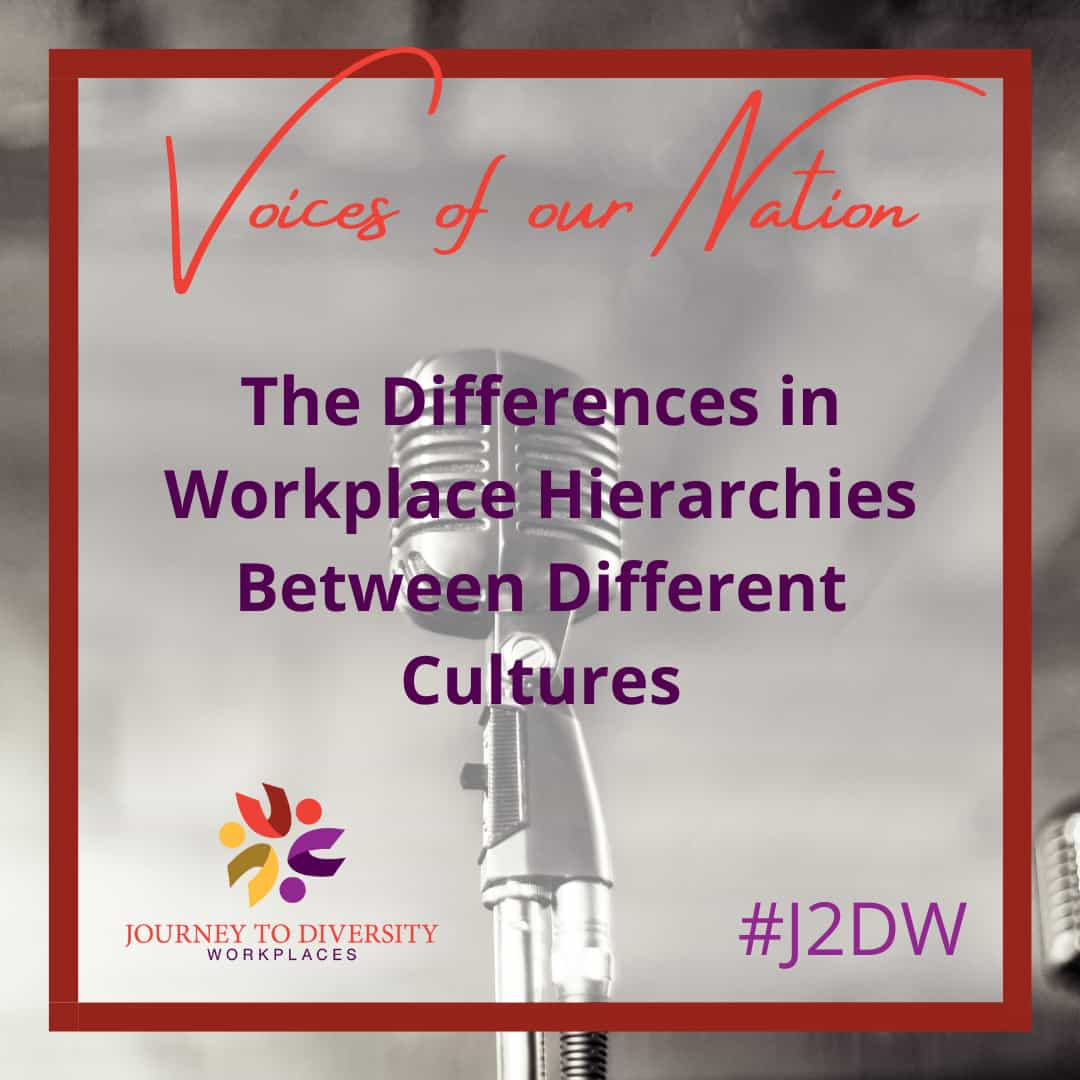Walking through life, we encounter people with different cultural backgrounds, and thus, many unique and influential experiences have shaped their beliefs and behaviour today. The workplace often approaches diversity in a boxed perspective, where race and gender are significant players in the institution’s EDI (equity, diversity, and inclusion) quota. These intersectionalities are definitely of value, however, the idea of cultural diversity is one left unexplored. Much like other intersectionalities, one’s cultural upbringing and experiences in different workplace cultures affect the way employees approach innovation, problem-solving, the social aspect of the work environment, collaboration, and success. By identifying the components of unfair workplace arrangements in different work cultures, companies can enhance their own working environments and reevaluate the holes in their management designs.
A hierarchical system addresses the question of ‘what authority can I report to when the authority in direct line of my position is inadequate?’. In Westernized countries such as Canada and the United States, the corporate ladder is built with an architecture of privilege, often leading to a white, cis man at the top with an unjust amount of wealth. This system works because immigrants and people of colour are foundational in the economy of North American countries, which correspondingly produces a sliding scale of privilege with these communities at the bottom. This is not to say that merit is not of considerable importance or that egalitarianism is not enforced in North America, however, it would be incorrect not to address the line of privilege that structures the Western employment system.
In countries where multiculturalism is not of factor, such as those in the South Asian diaspora, this hierarchy is catapulted by the cultural significance of age and the amount of time an individual has worked in that institution (Hofstede Insights Oy, 2021). Communities in India, for instance, hold great respect for elderly people, so seniority greatly influences leadership choices in companies. A characteristic that many in Western countries find as a disadvantage, can often be of advantage in these countries due to the contrast in cultural values.
Despite merit, technologically up-to-date skill levels, work attitude, or workplace contributions, those with seniority are favoured for high-paying managerial positions and promotions, receive high praise, respect, and recognition from colleagues, and as a result, are granted a say in important corporate decisions (Hofstede Insights Oy, 2021). These individuals can also be quite attached to the ‘old’ way of doing things and thus, become resistant to change, causing an unfortunate domino effect on their company’s progress in a rapidly changing environment.
Regardless of cultural differences, one common thread of privilege rings true for all: nepotism. This is the act of intentionally favouring an individual due to your personal bias or affiliation with them, whether it be toward a family member, a friend, or a partner (Cambridge Dictionary). When meritocracy– a system also affected by the sociopolitical determinants of race– is given no value in the workplace, employees begin to question their worth, respect for the company, and their motivations for self-improvement and advancement in the workplace. As a consequence of not rewarding employees for their work, their feelings of underappreciation can lead to hopelessness, underperformance, and resignation.
As evolving social influences put pressure on traditional, outdated ideologies and management styles, cultural dynamics shift over time. It is important not to dismiss these dynamics because a lack of cultural expression restricts societies from approaching the work environment in contiguity with their social structures. Moving forward, individuals should look deeper into the webs that uphold their work environment, to better understand the elements that have subconsciously affected their motives while seeking upward mobility.
References
Cambridge Dictionary. (n.d.). Nepotism. https://dictionary.cambridge.org/dictionary/english/nepotism
Hofstede Insights Oy. (2021). Country comparison tool. Hofstede Insights. https://www.hofstede-insights.com/country-comparison/india/
This article was written by summer student Ilesha Prabhudesai. This article was funded by the Government of Canada.


